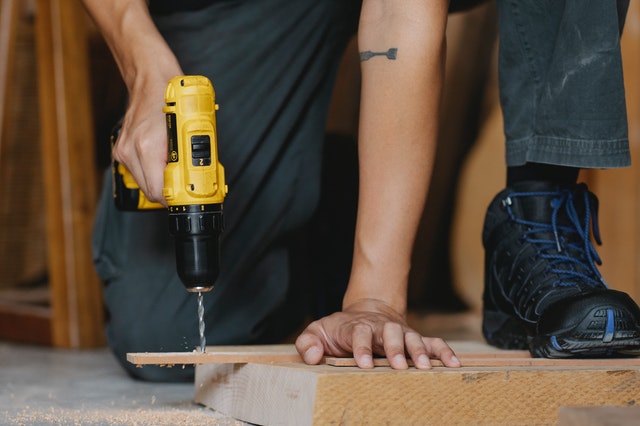Power tools have a wide range of applications and advantages, but considering the number of goods on the market, it might be difficult to decide which one is best for your project or workload.
Whether you’re considering a corded or cordless power tool, we’ve got all the information you’ll need to make an informed choice. Whether you’re starting a new DIY project or adding to your collection, here’s everything you need to know about cordless vs. corded power tools.
Cordless Power Tools
According to ADA Fastfix, for both novices and experts in the workforce, cordless power tools have become quite popular in recent years. With so many advantages to working with this sort of power tool, it’s easy to see why so many people are choosing cordless over wired.
The increased mobility of cordless power tools is one of the most significant, and most apparent, benefits. These instruments are powered by batteries rather than cables, allowing you to work in any location without limitations because to space limits. You don’t even need to be close to a power outlet (or buy extension cables), and you don’t have the added tension of getting caught up in wires or tangles while working. The design of cordless power tools is extremely flexible and portable, allowing them to be used wherever your project takes you.
The inconvenience of no cord makes cordless power tools simpler to store and generally lighter. To protect their wires from damage, corded power tools must be stored in a specific manner, but cordless ones can simply be returned to their box or on a shelf without worrying about the method.
Corded Power Tools
There are a variety of different styles and makes of corded power tools accessible to fit a wide range of applications. Many tool enthusiasts prefer corded power tools to their advantage, which have been on the market for a long.
The convenience of operating corded electric power tools far outweighs the inconvenience of dealing with extension cords. Because you always have access to power, you can use the tool as long as necessary without having to worry about the electricity shutting off or declining. The capacity of corded power tools is generally higher than that of cordless equivalents, indicating they’re ideal for heavy-duty materials and big projects. A corded power tool would be fantastic for indoor DIY jobs like drilling since it can deliver a lot of force and torque.
In general, corded power tools are typically somewhat cheaper to buy than cordless ones, which may save you money while still providing a lot of power. Batteries and chargers must all be factored into the price of cordless tools, while corded versions are available at a single set price that is typically lower in reflection of their greater cost. While power tools are always a smart investment, if you’re on the hunt for a deal, corded versions may be an excellent choice.
Overall, both corded and cordless power tools have their own set of advantages and benefits based on how you intend to use them and for what purpose. Price, storage, and mobility should all be considered to ensure you choose the right tool that is appropriate for you. There are so many varieties of both types of power tool available on the market that you’ll be able to discover the perfect one for your DIY projects and innovations.

Leave a Reply